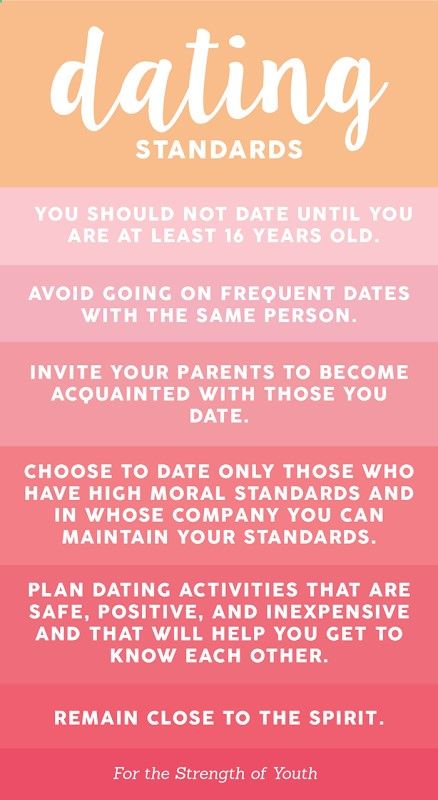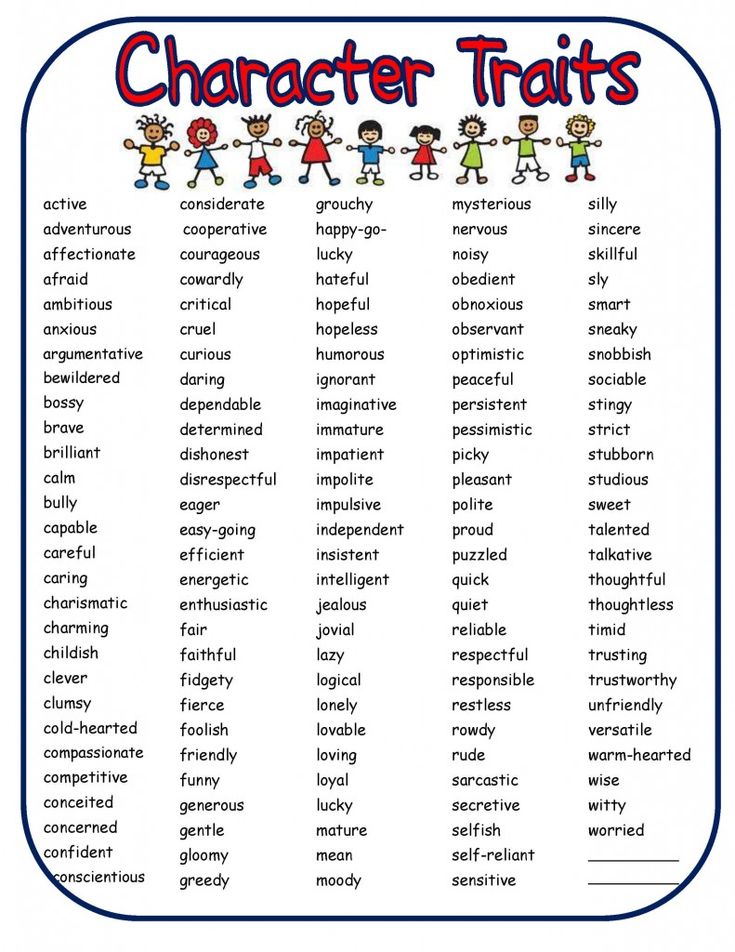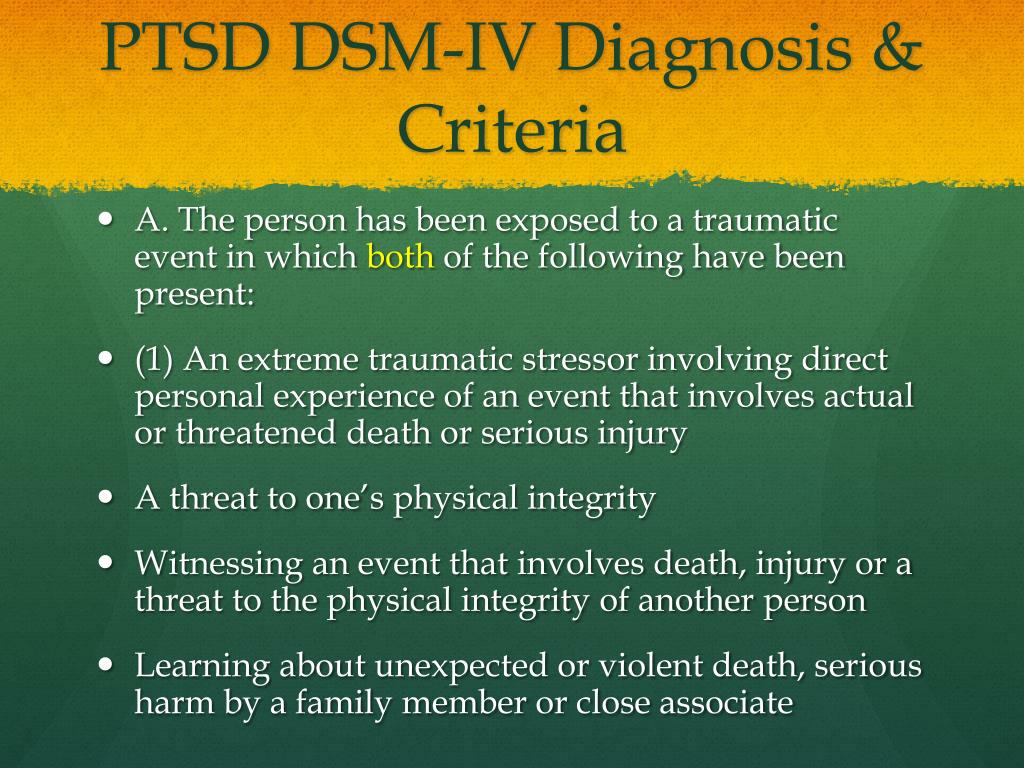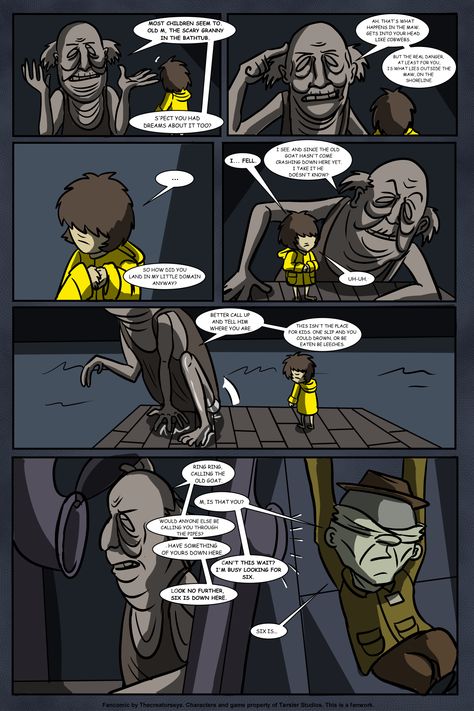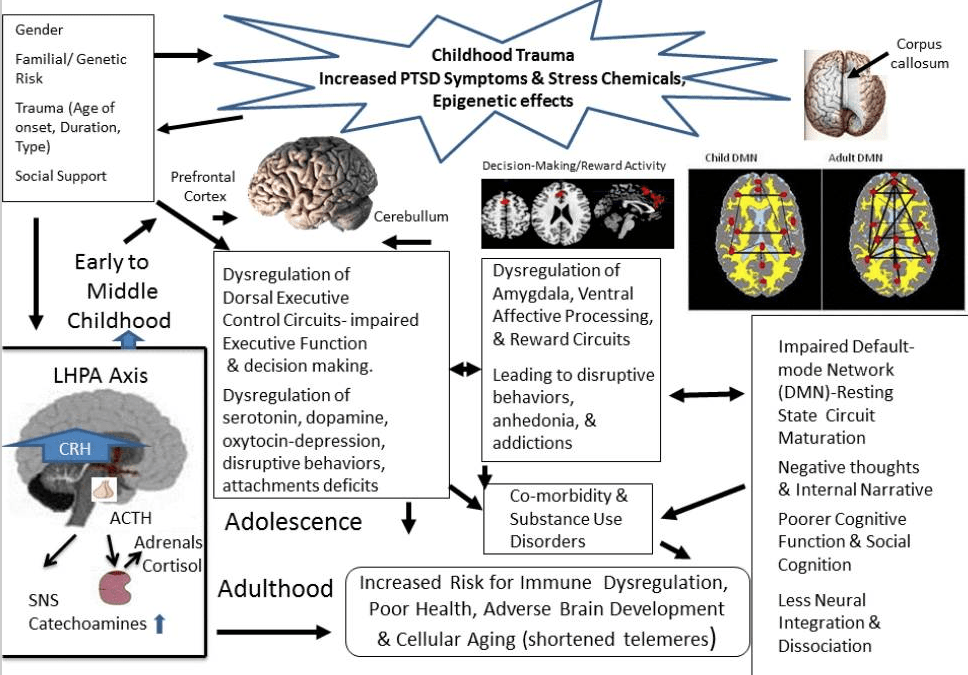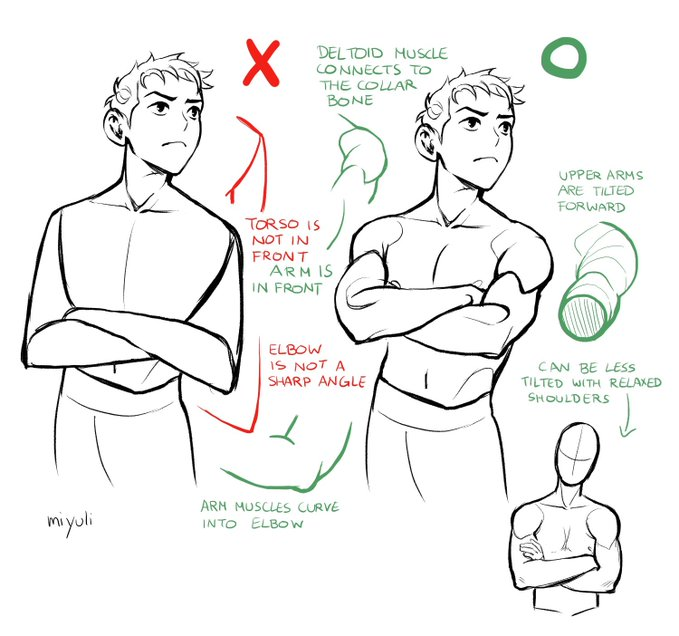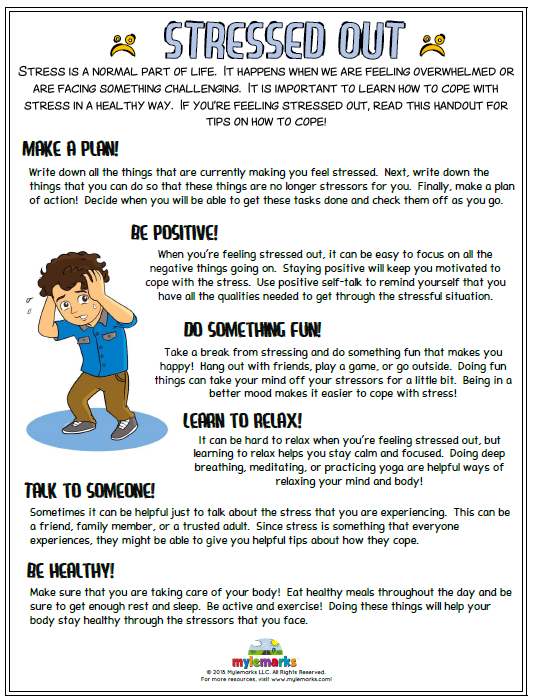Tips for detaching with love
How and Why to Detach with Love
What is detaching with love?
Detaching (or detaching with love) is a core component of codependency recovery. If you often feel worried about a loved one, disappointed or upset by their choices, or like your emotions revolve around whether theyre doing well or not, then detaching can help you.
According to the Hazelden Betty Ford Foundation, detachment with love means caring enough about others to allow them to learn from their mistakes.
Codependency expert Melody Beattie says that when we detach, we relinquish our tight hold and our need to control in our relationships. We take responsibility for ourselves; we allow others to do the same.
And Deepak Chopras Law of Detachment includes this commitment: I will allow myself and those around me the freedom to be as they are. I will not rigidly impose my idea of how things should be. I will not force solutions on problems, thereby creating new problems.
To me, detaching means stepping back from obsessively worrying about others, telling others what to do, and rescuing them from the consequences of their choices. When we detach, we let others be responsible for their own choices and we dont interfere or try to protect them from any negative consequences that may result.
Detaching gives us the emotional space we need, so were not as reactive and anxious. It helps us be less controlling and accept things as they are — rather than trying to force them to be what we want.
Detaching doesnt mean abandoning or that we stop caring. In fact, we have to detach because we care so much, and need to be needed, that it hurts us to stay so closely entwined in someone elses life and problems.
Detaching is good for you
You need to detach when you are so wrapped up in other peoples pain and problems that its negatively impacting your physical or emotional health youre not sleeping or eating normally, you have headaches or stomachaches, youre tense, distracted, irritable, depressed, preoccupied, worried, and so forth.
You need to detach when you seem to care more about another persons wellbeing than they do.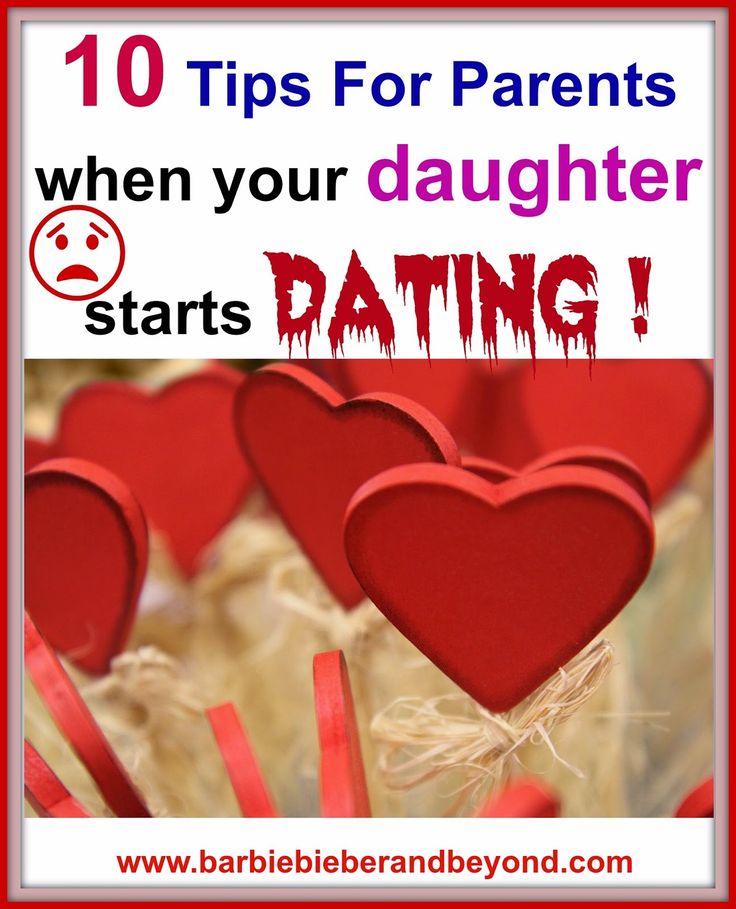 Its nearly impossible to change someone who doesnt want to change. And trying over and over again is incredibly frustrating and sad. Its heartbreaking to watch a loved one self-destruct, but its heartbreaking in a different way to keep nagging, giving ultimatums, arguing, crying, and rescuing and still have nothing change.
Its nearly impossible to change someone who doesnt want to change. And trying over and over again is incredibly frustrating and sad. Its heartbreaking to watch a loved one self-destruct, but its heartbreaking in a different way to keep nagging, giving ultimatums, arguing, crying, and rescuing and still have nothing change.
When you accept that you cant save your loved one, the best thing to do is take care of yourself and thats what detaching does; it allows you to take a step back, regain your emotional equilibrium so you can be the best, healthiest version of yourself.
Detaching reminds us that we can only control ourselves. And when we focus on what we can control, we will begin to see positive results and our hope will be restored. We will once again feel empowered to change the things we can.
Detaching is good for others
You may be thinking Isnt detaching mean or selfish? No, detaching is not mean or selfish. We dont detach to punish others or because were angry at them. Detachment is about self-preservation — and in many ways, its a way to love others as well (although they probably won’t see it that way).
Detachment is about self-preservation — and in many ways, its a way to love others as well (although they probably won’t see it that way).
Detaching helps others learn and mature.
If you are constantly hovering, worrying, telling them what to do, or rescuing them, they never have the opportunity to learn how to make decisions and solve their problems and they never learn from their mistakes. When you do these things, youre creating dependency, which isnt helpful or kind.
Detaching respects others right to self-determination.
These types of controlling behaviors (even if done with good intentions) are done from a place of superiority. They have an attitude that says I know better than you do. I know what you should do and youre a fool if you dont do what I say. Clearly, looking down on someone isnt the basis of a healthy relationship. Instead, it erodes trust and open communication.
Controlling and rescuing contribute to feelings of anger; no adult wants to be treated like a child.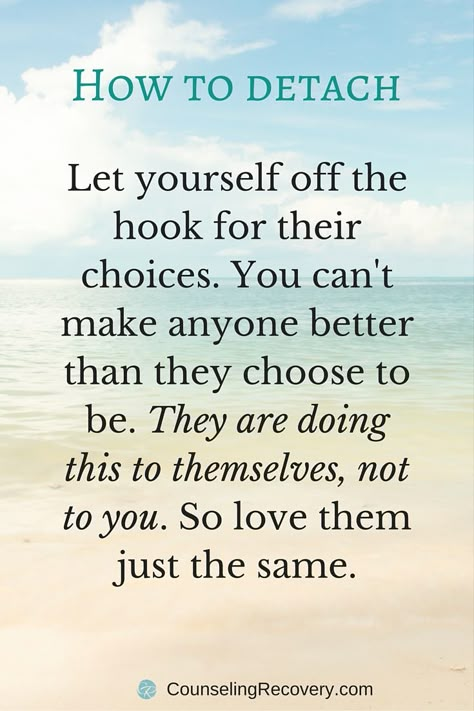 Yes, at times, they may enjoy the benefits of you cleaning up their messes and giving them money, but I assure you that being treated as a child diminishes their self-esteem which just encourages them to stay in a dependent, immature state.
Yes, at times, they may enjoy the benefits of you cleaning up their messes and giving them money, but I assure you that being treated as a child diminishes their self-esteem which just encourages them to stay in a dependent, immature state.
Loving someone often means letting go not trying to control them or keep them in a dependent position. Of course, its hard to release control and let a loved one make unhealthy choices or do things you dont agree with, but in most cases, adults have the right to make bad decisions.
Do you need to explain why youre detaching?
An explanation is not necessarily required. Often, an explanation is actually counterproductive because it leads to arguments, power struggles, and attempts to manipulate you into changing your mind. The most important thing is that you know why youre detaching.
How to detach with love
Weve talked a lot about what detachment means and why its helpful, but youre probably wondering how to actually do it. Detaching is an action that you take that helps you stay in your own lane or stay focused on what you can control and whats your responsibility and not interfere in other peoples choices. Here are some examples:
Detaching is an action that you take that helps you stay in your own lane or stay focused on what you can control and whats your responsibility and not interfere in other peoples choices. Here are some examples:
- Not giving unsolicited advice
- Setting boundaries
- Allowing others to experience the natural consequences of their actions
- Recognizing that your feelings and needs are valid
- Expressing your own opinions and feelings
- Taking a time-out from an unproductive or hurtful argument
- Not accepting responsibility for fixing or solving other peoples problems
- Not making excuses for someone elses behavior
- Staying focused on what you can control rather than worrying/thinking about what others are doing
- Not catastrophizing or anticipating the worst possible outcome
- Not enabling or doing things others can reasonably do for themselves
Additional tips for detaching with love
Detaching is hard and its contrary to what codependents naturally want to do. So, I want to leave you with a few additional tips or reminders.
So, I want to leave you with a few additional tips or reminders.
- Get support. Detaching is much more manageable when you have peer support (such as Al-Anon or Codependents Anonymous or another group) or professional support (such as a therapist).
- Detaching isnt cruel. Often, its what allows us to continue to have a relationship with someone. If you dont detach, your relationship will suffer because of your controlling and interfering; you will end up resentful, guilt-ridden, and frustrated. And your emotional health and sense of self will certainly suffer.
- Taking care of yourself isnt selfish. Being the healthiest, happiest version of yourself is best for everyone!
Learn more
Detaching and Other Ways for Codependents to Reduce Anxiety and Stress
Enabling: Why We Do It and How to Stop
How to Stop Being So Controlling and Accept Uncertainty
2020 Sharon Martin, LCSW. All rights reserved. Photo byEmiel MolenaaronUnsplash
Codependents' Guide to Detaching with Love
Detaching with love helps codependents and enablers. When we detach with love, we stop worrying and interfering and let others take responsibility for themselves.
When we detach with love, we stop worrying and interfering and let others take responsibility for themselves.
What is detaching with love?
Detaching (or detaching with love) is a core component of codependency recovery.
If you’re often worried about a loved one, disappointed or upset by their choices, or feel like your life revolves around whether they’re “doing well” or not, then detaching with love can help you.
According to the Hazelden Betty Ford Foundation, “detachment with love means caring enough about others to allow them to learn from their mistakes.”
Codependency expert Melody Beattie says that when we detach, “we relinquish our tight hold and our need to control in our relationships. We take responsibility for ourselves; we allow others to do the same.”
And Deepak Chopra’s Law of Detachment includes this commitment: “I will allow myself and those around me the freedom to be as they are. I will not rigidly impose my idea of how things should be.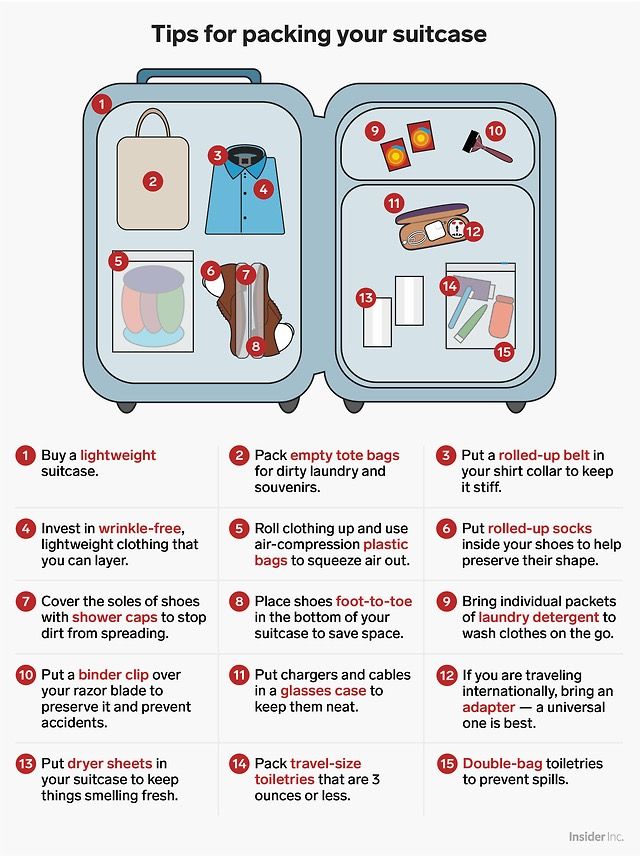 I will not force solutions on problems, thereby creating new problems.”
I will not force solutions on problems, thereby creating new problems.”
To me, detaching with love means stepping back from obsessively worrying about others, telling others what to do, and rescuing them from the consequences of their choices. When we detach, we let others be responsible for their own choices and we don’t interfere or try to protect them from any negative consequences that may result.
Detaching gives us the emotional space we need, so we’re not as reactive and anxious. It helps us be less controlling and accept things as they are — rather than trying to force them to be what we want.
Detaching doesn’t mean abandoning or that we stop caring. In fact, we have to detach because we care so much, and need to be needed, that it hurts us to stay so closely entwined in someone else’s life and problems.
Detaching is good for you
You need to detach when you are so wrapped up in other people’s pain and problems that it’s negatively impacting your physical or emotional health – you’re not sleeping or eating normally, you have headaches or stomachaches, you’re tense, distracted, irritable, depressed, preoccupied, worried, and so forth.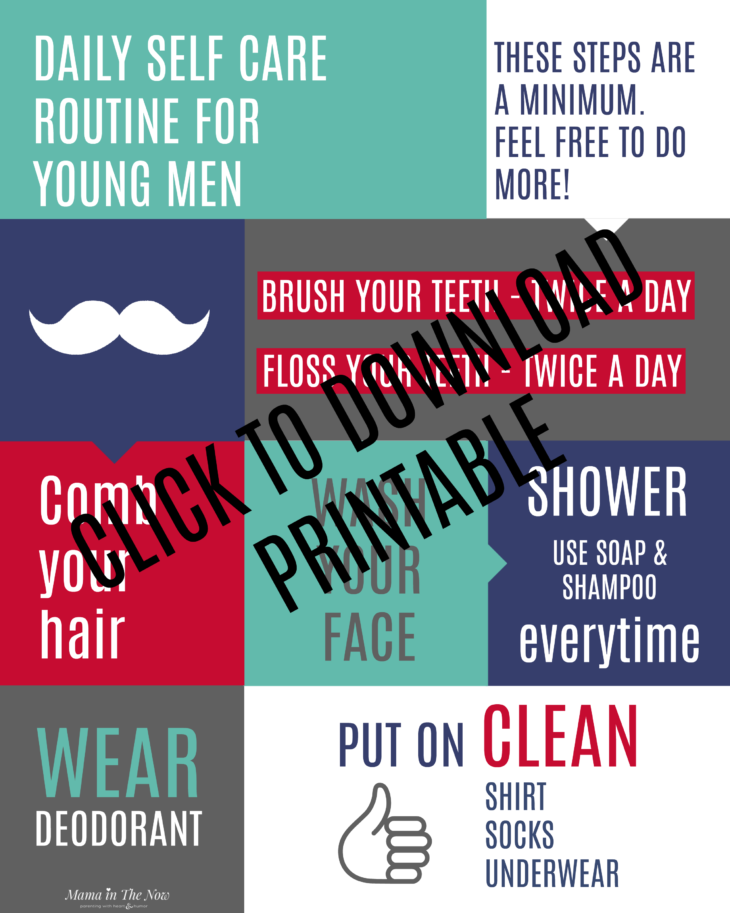
You need to detach when you seem to care more about another person’s wellbeing than they do. It’s nearly impossible to change someone who doesn’t want to change. And trying over and over again is incredibly frustrating and sad. It’s heartbreaking to watch a loved one self-destruct, but it’s heartbreaking in a different way to keep nagging, giving ultimatums, arguing, crying, and rescuing – and still have nothing change.
When you accept that you can’t save your loved one, the best thing to do is take care of yourself and that’s what detaching does; it allows you to take a step back, regain your emotional equilibrium so you can be the best, healthiest version of yourself.
Detaching reminds us that we can only control ourselves. And when we focus on what we can control, we will begin to see positive results and our hope will be restored. We will once again feel empowered to change the things we can.
Detaching is good for others
You may be thinking Isn’t detaching mean or selfish? No, detaching is not mean or selfish. We don’t detach to punish others or because we’re angry at them. Detachment is about self-preservation — and in many ways, it’s a way to love others as well (although they probably won’t see it that way).
We don’t detach to punish others or because we’re angry at them. Detachment is about self-preservation — and in many ways, it’s a way to love others as well (although they probably won’t see it that way).
Detaching helps others learn and mature.
If you are constantly hovering, worrying, telling them what to do, or rescuing them, they never have the opportunity to learn how to make decisions and solve their problems and they never learn from their mistakes. When you do these things, you’re creating dependency, which isn’t helpful or kind.
Detaching respects others’ right to self-determination.
These types of controlling behaviors (even if done with good intentions) are done from a place of superiority. They have an attitude that says I know better than you do. I know what you should do and you’re a fool if you don’t do what I say. Clearly, looking down on someone isn’t the basis of a healthy relationship. Instead, it erodes trust and open communication.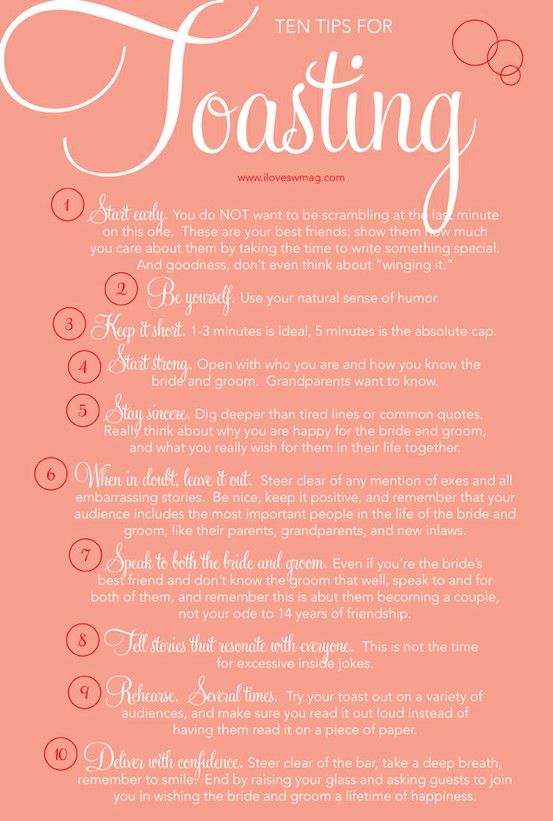
Controlling and rescuing contribute to feelings of anger; no adult wants to be treated like a child. Yes, at times, they may enjoy the benefits of you cleaning up their messes and giving them money, but I assure you that being treated as a child diminishes their self-esteem which just encourages them to stay in a dependent, immature state.
Loving someone often means letting go – not trying to control them or keep them in a dependent position. Of course, it’s hard to release control and let a loved one make unhealthy choices or do things you don’t agree with, but in most cases, adults have the right to make bad decisions.
Do you need to explain why you’re detaching?
An explanation is not necessarily required. Often, an explanation is actually counterproductive because it leads to arguments, power struggles, and attempts to manipulate you into changing your mind. The most important thing is that you know why you’re detaching.
How to detach with love
We’ve talked a lot about what detachment means and why it’s helpful, but you’re probably wondering how to actually do it. Detaching is an action that you take that helps you “stay in your own lane” or stay focused on what you can control and what’s your responsibility – and not interfere in other people’s choices. Here are some examples:
Detaching is an action that you take that helps you “stay in your own lane” or stay focused on what you can control and what’s your responsibility – and not interfere in other people’s choices. Here are some examples:
- Not giving unsolicited advice
- Setting boundaries
- Allowing others to experience the natural consequences of their actions
- Recognizing that your feelings and needs are valid
- Expressing your own opinions and feelings
- Taking a time-out from an unproductive or hurtful argument
- Not accepting responsibility for fixing or solving other people’s problems
- Not making excuses for someone else’s behavior
- Staying focused on what you can control rather than worrying/thinking about what others are doing
- Not catastrophizing or anticipating the worst possible outcome
- Not enabling or doing things others can reasonably do for themselves
Additional tips for detaching with love
Detaching is hard and it’s contrary to what codependents naturally want to do.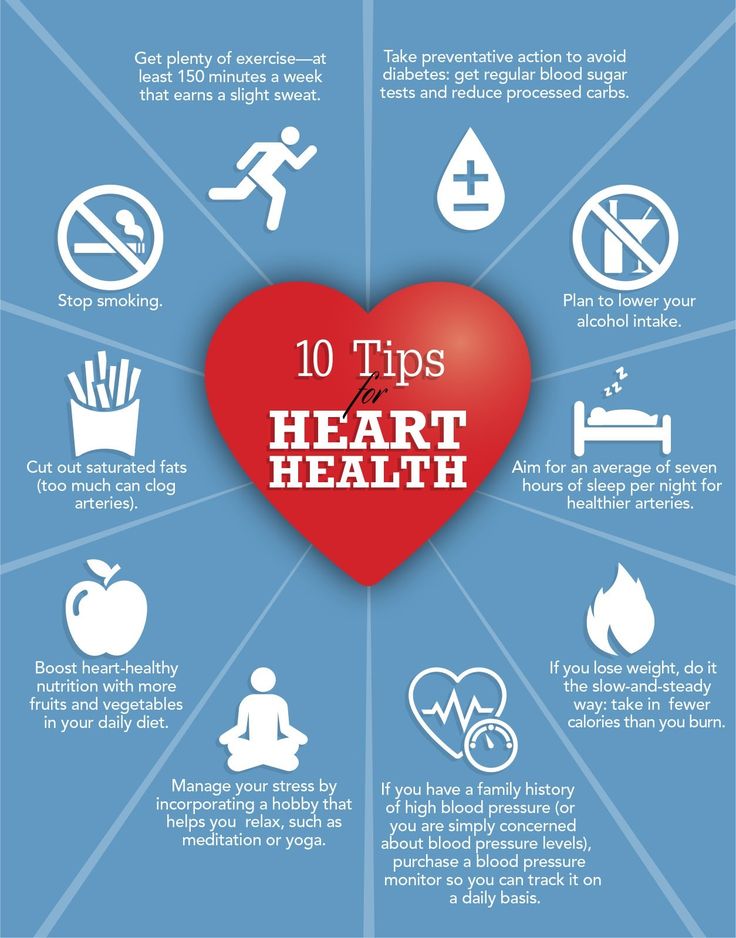 So, I want to leave you with a few additional tips or reminders.
So, I want to leave you with a few additional tips or reminders.
- Get support. Detaching is much more manageable when you have peer support (such as Al-Anon or Codependents Anonymous or another group) or professional support (such as a therapist).
- Detaching isn’t cruel. Often, it’s what allows us to continue to have a relationship with someone. If you don’t detach, your relationship will suffer because of your controlling and interfering; you will end up resentful, guilt-ridden, and frustrated. And your emotional health and sense of self will certainly suffer.
- Taking care of yourself isn’t selfish. Being the healthiest, happiest version of yourself is best for everyone!
Learn more
- Detaching and Other Ways for Codependents to Reduce Anxiety and Stress
- Enabling: Why We Do It and How to Stop
- How to Stop Being So Controlling
©2020 Sharon Martin, LCSW. All rights reserved. Originally published on PsychCentral.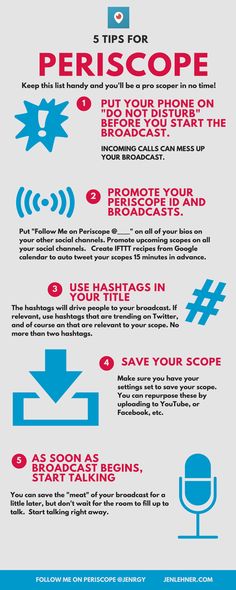 com
com
Photos courtesy of Canva.com
Purchase a Print-Ready PDF
Added to cart
Learn more about how to end codependent relationships
Navigating the Codependency Maze provides concrete exercises to help you manage anxiety, detach with love, break through denial, practice healthy communication, and end codependent thinking. It was written by Sharon Martin, a psychotherapist with over 20 years of experience helping people overcome codependency, people-pleasing, and perfectionism and find their way back to themselves. For more info and to view sample pages, click HERE.
Sharon Martin
Sharon Martin is a psychotherapist, writer, speaker, and media contributor on emotional health and relationships. She specializes in helping people uncover their inherent worth and learn to accept themselves -- imperfections and all! Sharon writes a popular blog called Conquering Codependency for Psychology Today and is the author of The CBT Workbook for Perfectionism: Evidence-Based Skills to Help You Let Go of Self-Criticism, Build Self-Esteem, and Find Balance and The Better Boundaries Workbook.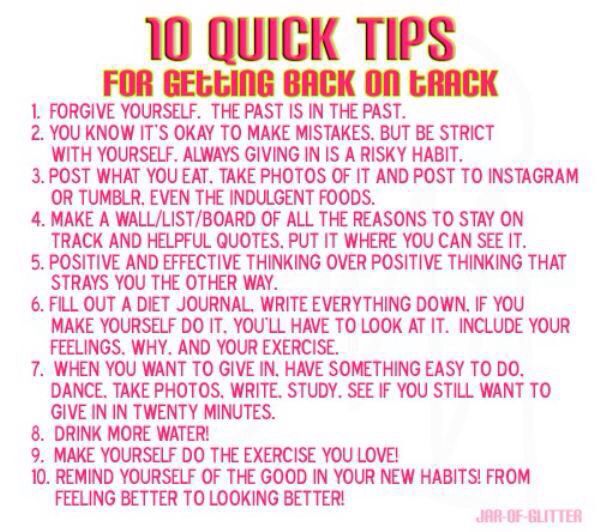
How to survive a breakup - advice from a psychologist
- Two types of relationships
- Causes of neurotic love
- Five consequences of parting
- How to help yourself
- How to survive a breakup
- Psychologist's advice
Healthy and neurotic relationships
Breaking up a relationship is always stressful and difficult to deal with. Moreover, a gap can occur both in healthy relationships and in neurotic ones. Breaking up a healthy relationship is easier. In such cases, the couple is usually in dialogue, this decision does not become a bolt from the blue. Most often, the decision to leave is made together, the partners are prepared for changes in life, everyone is confident in their abilities, expects the best from the future and is adapted to a new life. Of course, even if the decision was balanced, it takes time to emotionally, physically and from the everyday point of view to separate from the partner, to adjust to a new rhythm.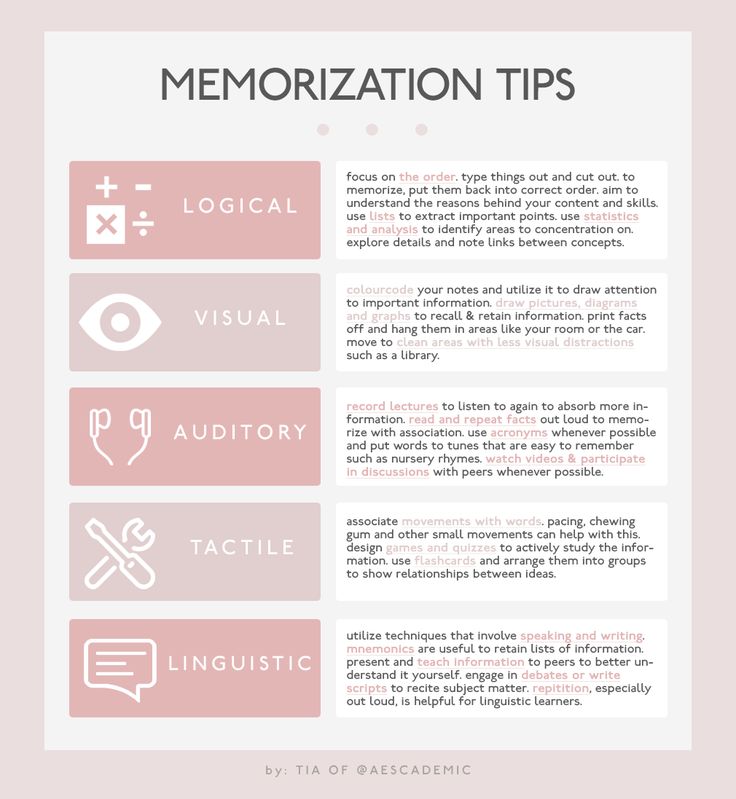 And yet, in this case, all this is experienced as something that can be overcome and lived on. nine0019
And yet, in this case, all this is experienced as something that can be overcome and lived on. nine0019
Advertising on RBC www.adv.rbc.ru
The rupture of neurotic relationships is more difficult. In this case, within the union there was no practice of confidential communication, an open dialogue, where partners frankly express their will and desires. Often partners do not even really know each other, do not seek to understand the motives and feelings of a partner. If the breakup and separation come as a surprise, it is highly likely that it was a neurotic relationship.
In this situation, the one who did not decide to leave is going through a difficult and traumatic experience. This can exacerbate chronic psychological trauma, which will “finish off” a person already exhausted by a break. Fortunately, this experience can become a turning point in understanding yourself and your needs, pathological attitudes and broken schemes in the field of love (and not only) relationships.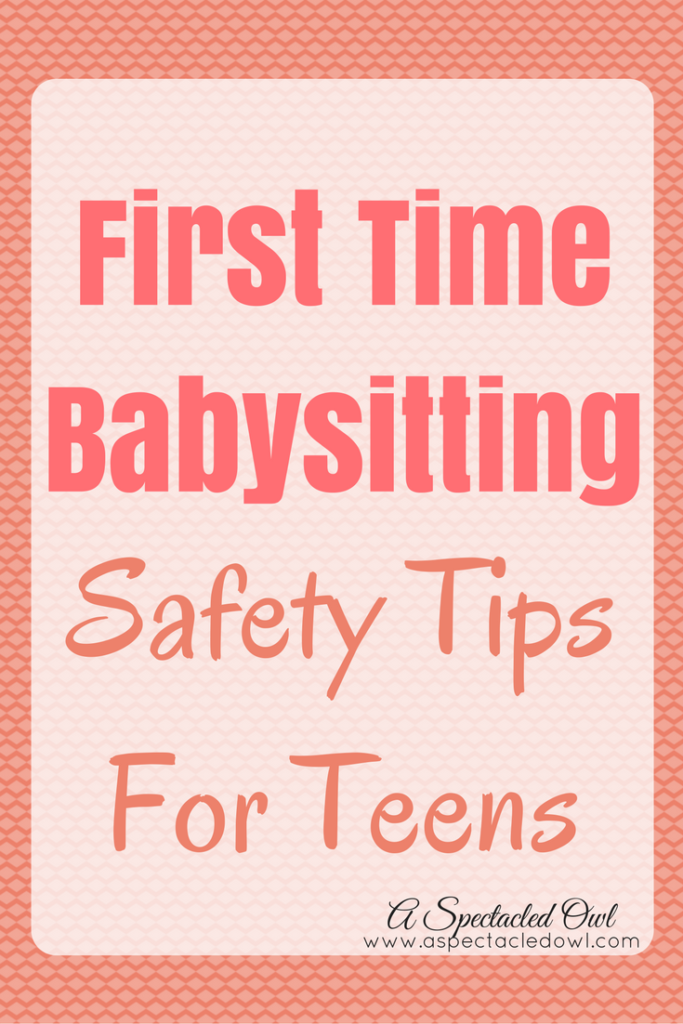
Causes of neurotic relationships
Neurotic love, like toxic relationships, originates in childhood and reflects relationships with parents. For example, if a child suffered from the coldness of his parents, it is likely that in adulthood he will look for the same partner. His ideas about love and relationships are associated with detachment, so the colder the better. nine0019
Another example: it is not uncommon for depressed parents (or one of them) to instill guilt in the child. This happens automatically and sometimes without the parents realizing that the child is constantly suffering from the fact that he cannot make mom or dad happy. Such a child will look for a partner who is difficult to please.
Neurotic relationships differ from healthy ones in that, firstly, the partner “loves” through suffering, because, unfortunately, he has no experience of relationships in which everyone is satisfied and happy. He loves those who do not value him, repels and brings pain.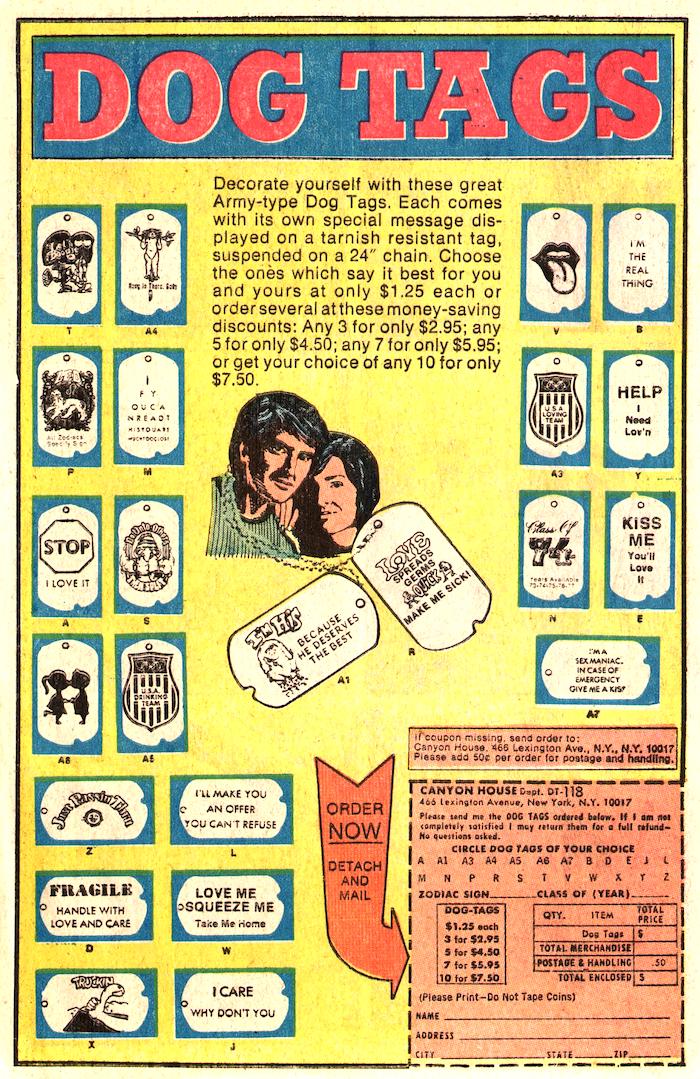 Such relationships are based on the fact that a person revisits the cinema of the past over and over again: despite the fact that his partner is cold, nevertheless they are together, which means that it is similar to what happened to him in childhood - in his understanding, this and there is love that he associates with any kind of suffering, just not to be abandoned. nine0019
Such relationships are based on the fact that a person revisits the cinema of the past over and over again: despite the fact that his partner is cold, nevertheless they are together, which means that it is similar to what happened to him in childhood - in his understanding, this and there is love that he associates with any kind of suffering, just not to be abandoned. nine0019
Therefore, when such a person is abandoned by a partner in adult life, the picture of his childhood, in which he was not noticed, did not share warmth with him and did not pay due attention, comes to life. The biggest fear of his childhood came true - he was abandoned after all. The suffering that arises in response is chronic trauma. They are so painful that they do not allow you to look at this situation differently and benefit from it, for example, recognize the previous relationship as destructive, draw conclusions and still find that person who will honestly love in return. nine0019
© chuttersnap/Unsplash
Defense reactions of the psyche
If the separation caused the revival of old sores, the psychological defense mechanisms will be the first thing to stabilize the mental state.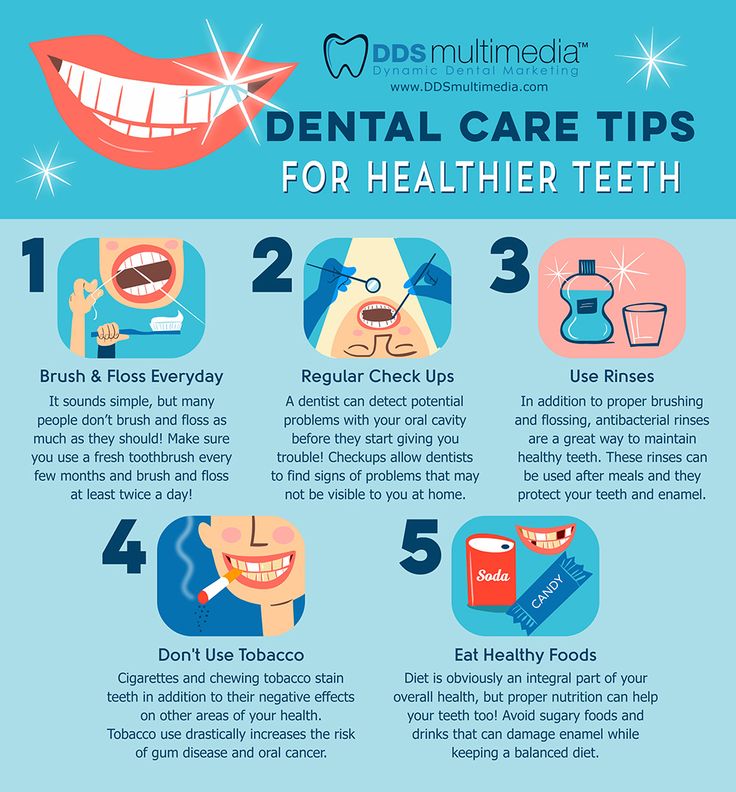
- Negative
“No, this will pass and we will be together again!” A person who uses denial will selflessly look for signs that he is right. For example, a woman can persuade herself that even though her partner left her, he did not leave for another, which means that he does not love anyone and will soon return back. nine0004 - Displacement
An abandoned partner can tell himself: “Nothing terrible happened, it will hurt and be forgotten.” However, this pain can drag on for several years and become chronic. Those who manage to repress unpleasant experiences may not pay attention to internal discomfort and unhappiness, as they have become accustomed to this as their usual state. - Regression
This psychological defense mechanism can induce a person to tantrums - a primitive form of removing responsibility for what is happening. Or, on the contrary, regressing, a person can literally freeze: emotions, as well as will, appetite, desire to live, disappear.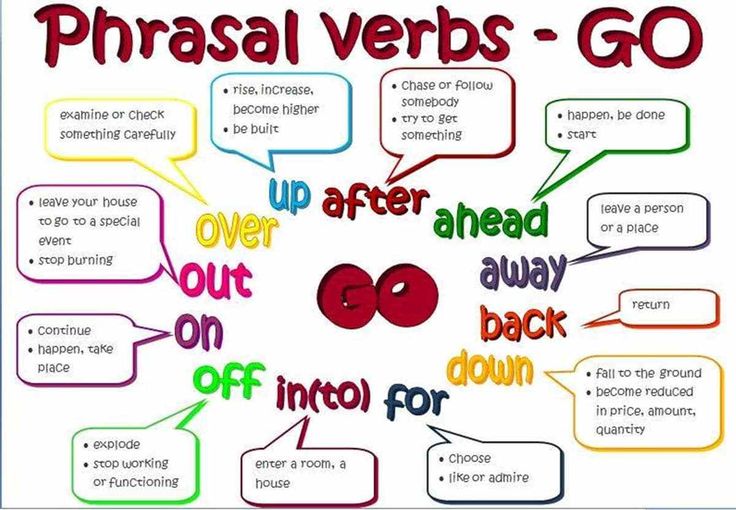 A depressive period may begin. nine0004
A depressive period may begin. nine0004 - Sublimation
Well known to those who tend to overlook unpleasant experiences. By sublimating, a person can completely go into work or any other activity that helps to forget and not think about the traumatic event. - Acute reactions, aggression towards others and self-aggression
If the tension in the psyche is great, it will look for a way out, for example, in the form of sharp reactions: aggressive attacks, a tough style of communication (for example, at work or driving), angry posts on social networks, frequent sexual contacts that carry a feeling of disappointment, leaving in alcohol and drugs. nine0004
All these mechanisms work unconsciously, that is, they manifest themselves not by the will and desire of a person, but automatically. The mind may say that drinking is bad, but the suffering can be so unbearable that any method that allows you to slightly raise the pain threshold becomes suitable.
There is another defense that is at the level of consciousness, which can be controlled and used at the right time. This is the so-called psychological compensation , which is expressed in adaptive behavior. For example, in order not to meet with the former, they block him in the phone book, social networks, and avoid meeting. There is also a reverse situation: in order to better navigate what is happening and get the most complete picture, a recent partner is placed in the field of view. Behind this, there may be a desire to clarify everything to the smallest detail and once again make sure that "this is really happening."
Whatever type of protection works, you need to remember that this is a natural reaction to severe stress and any psychological protection performs an important function - to protect the psyche from destruction. It is important that after the defense stage, the mourning phase begins, when the fact that everything is over and you can mourn your pain is recognized - this is a natural process when working through the loss of a relationship with a loved one.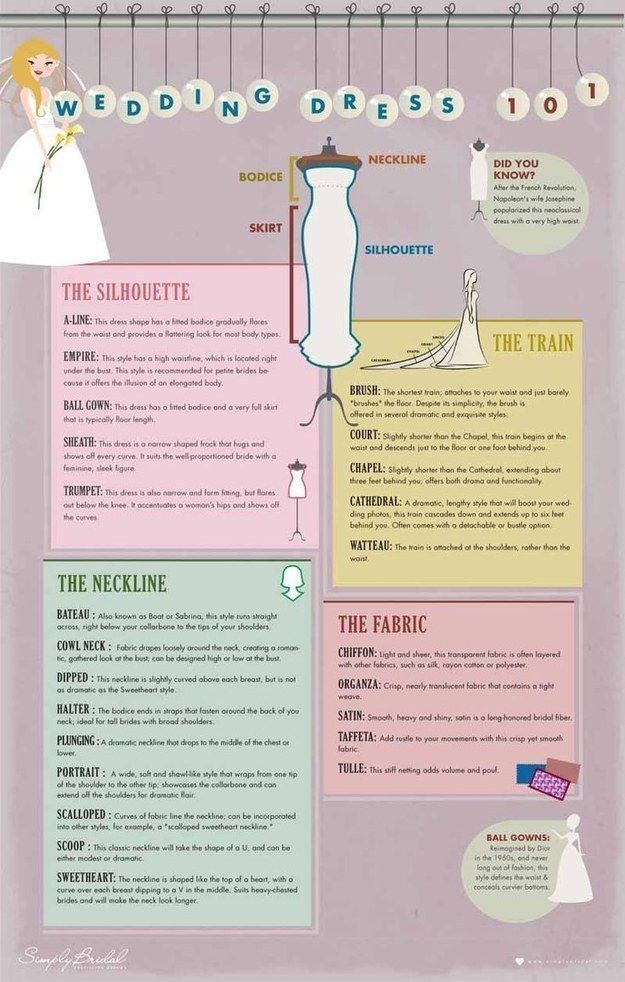 nine0019
nine0019
© Ben Blennerhassett/Unsplash
How to help yourself
Breaking up a relationship is a big mental burden. We don’t just say “heart breaks” or “soul hurts” - the body is actually going through a serious psycho-physiological stress. The cardiovascular system, digestion, hormones, sleep and ability to rest, the natural rhythm of day and night, all come under attack.
During difficult changes in life, it is very important to remember that you are in an unusual state for yourself, and, if possible, help yourself: eat fully, get enough sleep, do exercises to relieve stress, eat those foods that give strength and do not burden the body . nine0019
How to tell a healthy relationship from a toxic one: 5 red flags
It's fair to say that not all stages of stress can be done at all. Sometimes lying flat and staring at the wall is the best thing you can do to help yourself. Take care of yourself whenever possible - take time off from work and order take-out instead of cooking.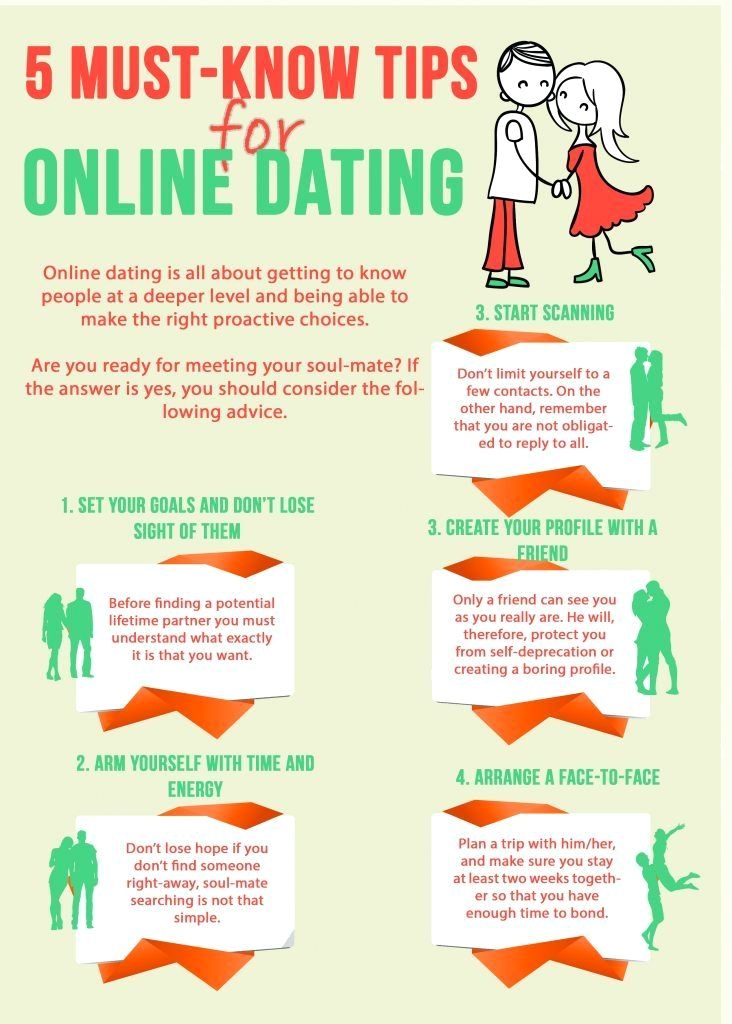 Try to prepare for yourself the space and time where you can fully surrender to your experiences.
Try to prepare for yourself the space and time where you can fully surrender to your experiences.
In order for the process of loss to proceed smoothly and end, it is very important to honestly go through all its stages. After the first wave of shock subsides, the stage of aggression begins, interspersed with rationalization - the desire to talk to the partner again and again and thus improve the state of affairs (the so-called bargaining stage). These steps can take varying amounts of time and, unfortunately, it is not possible to predict their duration.
One of the last stages is depression - not so acute, but a stable condition. It is easy to recognize it by a breakdown, dulled feelings and reactions, inability to enjoy, sleep and appetite disorders. Despite the difficult course, this is a very important period that prepares us for the final resolution of the situation - the stage of acceptance and the end of mourning. nine0019
Unfortunately, there are no recipes for how to shorten the most painful stage, but to ease the condition, allow yourself to do whatever you want. If you want to leave - try to do it, if you want to lock yourself in the apartment - try to take sick leave. Do not neglect the help of others, but set the limits of what is permitted: tell your family and friends how they can be useful to you and how closely you are ready to communicate now. Ask not to discuss certain topics with you, not to arrange surprises for you to “stir up” and so on. Openly tell them what you need: from domestic to emotional needs. Your sincerity will help set up communication with friends and relatives, who, unfortunately, do not always know how to behave correctly in such situations. nine0019
If you want to leave - try to do it, if you want to lock yourself in the apartment - try to take sick leave. Do not neglect the help of others, but set the limits of what is permitted: tell your family and friends how they can be useful to you and how closely you are ready to communicate now. Ask not to discuss certain topics with you, not to arrange surprises for you to “stir up” and so on. Openly tell them what you need: from domestic to emotional needs. Your sincerity will help set up communication with friends and relatives, who, unfortunately, do not always know how to behave correctly in such situations. nine0019
© Jorge Flores/Unsplash
How to survive a breakup with a loved one
Disrupted communication is one of the main reasons that partners move away from each other and cease to adequately assess the state of affairs. To prevent this, pay attention to whether there is a reticence between you and your partner, silence of any feelings or facts, or maybe someone in your couple expects his thoughts to be read, and thus avoids responsibility ? Silence, ignorance, as well as references to social standards and generalizations ("You're a man!" or "A wife should. ..") destroy trust and intimacy. Features of your unique relationship can be replaced by “life principles” and public opinion about how everything “should be”, which prevents you from following a special scenario that is suitable for your couple. nine0019
..") destroy trust and intimacy. Features of your unique relationship can be replaced by “life principles” and public opinion about how everything “should be”, which prevents you from following a special scenario that is suitable for your couple. nine0019
How and why to repair broken relationships
Proper communication depends not only on the degree of closeness and honesty to each other (and to oneself), but also the style of conflict resolution. Family therapy is based on this idea: starting it, partners learn safe ways to express their desires, suffering, fears, learn to enter into conflict and resolve it. The therapist, as a referee, observes the dialogue, leads both partners to ensure that they get the result and satisfaction from the interaction. nine0019
If you feel that you have no strength left to explain what is happening between you, take a few sessions of couples therapy . It will quickly become clear whether you need to continue working on the relationship or whether to stop it. It is important to remember that the therapist does not choose sides and will not support the game of one of the partners to the detriment of the other. The therapist acts as an interpreter between two people who, for some reason, began to speak different languages. nine0019
It is important to remember that the therapist does not choose sides and will not support the game of one of the partners to the detriment of the other. The therapist acts as an interpreter between two people who, for some reason, began to speak different languages. nine0019
How to avoid a destructive scenario in the future — advice from a psychologist needed.
Neurotic or toxic relationships are different in that they are used to reduce the degree of personal neuroses and work off personal problems. If both partners coincided in neuroses, the union can be stable and strong. For example, someone for whom it is important to exercise control in relation to the closest person meets someone who gladly accepts this control due to their own childhood traumas. nine0019
Another case is when one of the partners does not need to work out the pathological scenario and still meets a less stable person and serves as a constant source of relaxation and recharging for him. Then a person who becomes a testing ground for working off a neurosis will most likely want to give up relationships that drain him.
Other roles we play in relationships can be learned from transactional analysis . The main idea of this method is that each of us in different life situations takes the position of a child, parent or adult. Knowing your patterns of behavior, you can adjust the attitudes and inadequate expectations from the relationship. This is important, since a full-fledged and multifaceted strong union is possible when two "adults" meet who know their needs, boundaries and their weaknesses. Knowing these weaknesses allows you not to provoke situations where they can manifest themselves to the detriment of the couple. nine0019
All this may seem rather complicated, but in reality, in order to have a healthy and strong relationship, it is not at all necessary to store a store of knowledge in theoretical psychology. To choose a suitable partner, it is important first of all to solve your personal problems, get to know yourself, find out your preferences, understand what attracts in people and what repels you.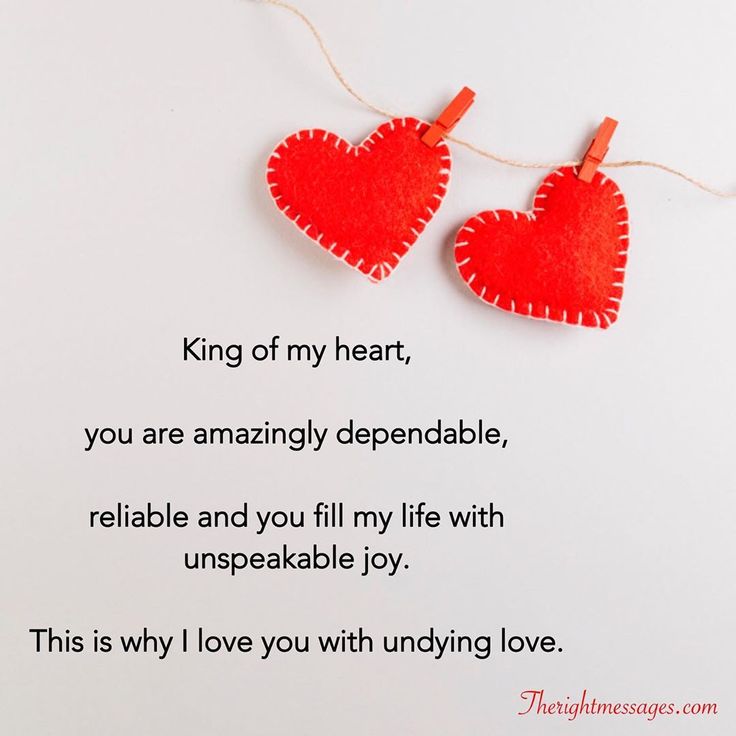 Mark for yourself with whom you manage to build strong contact, and who you don’t want to see even as friends. Do not forget what is valuable in a relationship, what kind of alliance you would like to build with another person and how you see your happiness in a couple. nine0019
Mark for yourself with whom you manage to build strong contact, and who you don’t want to see even as friends. Do not forget what is valuable in a relationship, what kind of alliance you would like to build with another person and how you see your happiness in a couple. nine0019
What to do after a breakup:
• Three sessions against depression. How to train the brain to be happy and healthy.
• How to tell a healthy relationship from a toxic one: five red flags.
• How to mend relationships if they have been broken.
Tags: relationship
How and why to repair broken relationships
Health
© Kelly Sikkema/unsplash
Author Alisa Taezhnaya
February 20, 2020
On Tuesday, Elizabeth II's nephew Earl Snowdon announced that he was divorcing his wife after 26 years of marriage. We tell you how to restore relationships, not forgetting your own interests.
We tell you how to restore relationships, not forgetting your own interests.
Justify the return to relationships
The main resource of any relationship is sincere personal motivation, and here it is important not to deceive yourself and honestly answer the question for whom you are primarily maintaining this relationship. For example, a conflict with your partner's parents puts him in a difficult situation and may affect relations with your present or future children - and a compromise may be an act for the sake of your neighbor. Conflict with parents exacerbates relationships within a large family. A quarrel with friends can divide your favorite company. Squabbles in the team can affect the reputation. Not to mention your personal feelings of annoyance and loneliness from parting with a loved one with whom you used to understand each other without words or experienced many difficult moments together. nine0019
Answer honestly why you want to return to an old friend, ex-partner, old job, why you want to restore relationships with family or friends. Are you doing this for yourself or for someone else? What actions on the other hand will stop you, what are you already disappointed in, and what are you ready to forgive? Why do you think things will be different this time around? Is everything within your power?
Are you doing this for yourself or for someone else? What actions on the other hand will stop you, what are you already disappointed in, and what are you ready to forgive? Why do you think things will be different this time around? Is everything within your power?
Advertising on RBC www.adv.rbc.ru
Talk heart to heart and apologize
It is better to start a new chapter of a relationship with an apology - and be sure to sincerely, so that you can safely move on to another stage without torturing each other. Talk calmly and openly about the conflict you've been through and the reasons behind it. Tell a personal story of your decisions, find out what led the other side, express yourself in the simplest possible words.
If this person really means a lot to you and this apology is not a formality, remember what unites you. Openly apologize for what you feel your shortcomings in, and ask the interlocutor what he sees as your fault. nine0019
Swap places and look at the situation through each other's eyes.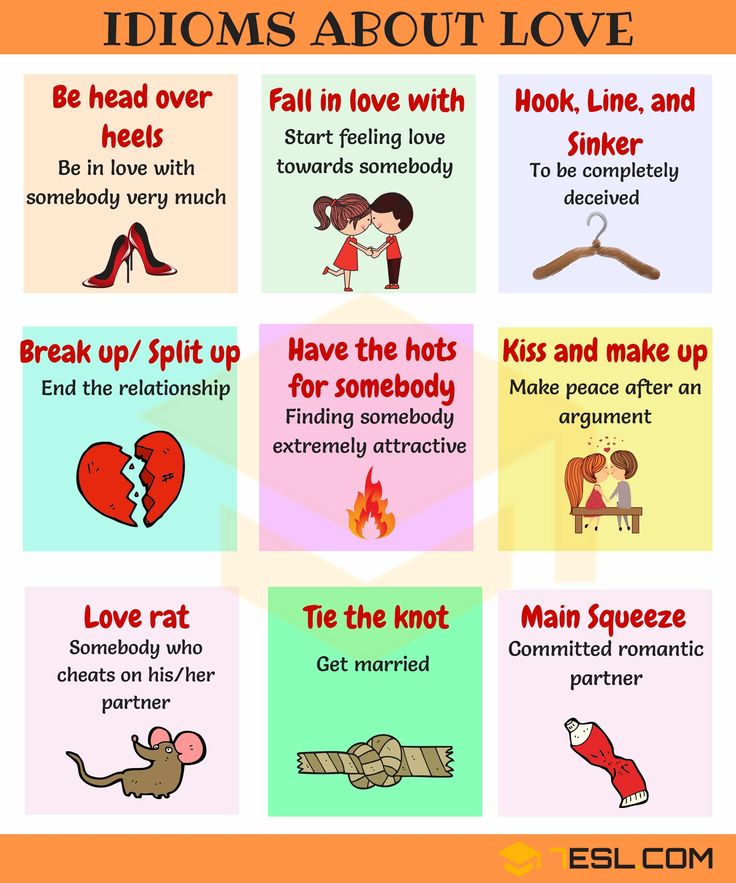 Reconciliation does not necessarily have to be harmonious and conflict-free, but above all it is important to establish trust and demonstrate that there has been a reassessment of the situation.
Reconciliation does not necessarily have to be harmonious and conflict-free, but above all it is important to establish trust and demonstrate that there has been a reassessment of the situation.
© cottonbro/Pexels
Have no illusions
An important point of reconciliation is to understand that you cannot change the other person and the qualities that irritate you will most likely remain in him. If you are used to interrupting, or your loved one is a person of mood, or it is difficult for him to bring things to the end, or he often changes his mind, or he talks a lot, he will surely remain the same. nine0019
You cannot change another person, but you can establish clear mutual agreements, the observance of which does not depend on mood or circumstances. For example, your parents do not interfere in your relationship with your partner, no matter what happens, good or bad. Colleagues criticize you in the correct form, and all personal complaints are expressed only personally. The partner respects your temperament and interests and does not try to remake it for himself.
The partner respects your temperament and interests and does not try to remake it for himself.
Outline your future life together in as much detail as possible, talk about potential conflict situations and expected behavior from each other - but remember that everyone has their own shortcomings, often rooted in character. And to renew relations in order to remake someone means to have extra hopes. nine0019
Find something in common
Restoring broken relationships often requires adjusting to the lifestyle of another. Let's say your old friends have kids and you drift apart. To make your communication interesting and comfortable for them, imagine what kind of life they live. What can you do together? How often and where?
Do you find it difficult to find a common language with your parents, but do they have their own interests? Any common process - from joint cooking to solving household issues - can become unifying. nine0019
Relationship with ex-husband or wife ended, but do you have children and animals in common? In this case, you have the motivation to try for them.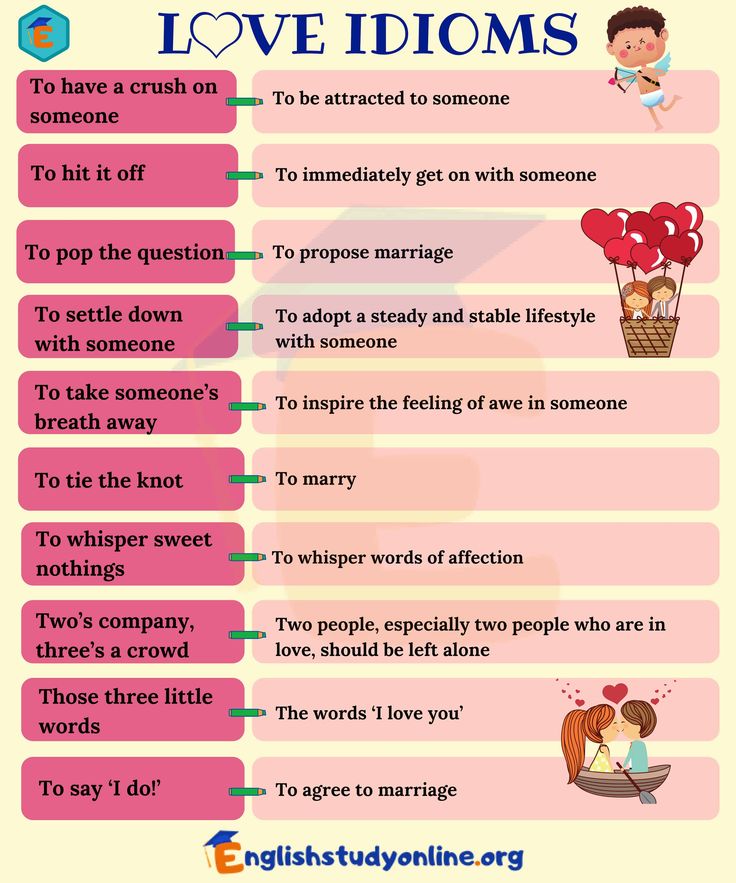 With colleagues, you need to complete a project that cost you a lot of effort? Thinking about a trip or a family holiday with relatives of a loved one? With childhood friends - reunite on a new level?
With colleagues, you need to complete a project that cost you a lot of effort? Thinking about a trip or a family holiday with relatives of a loved one? With childhood friends - reunite on a new level?
Think about what kind of joint business/experience/obstacle will become a bond for you — if you want to reconnect, it is these activities that will become the basis of your future communication. nine0019
Remember the good things
In a state of conflict, it is difficult to keep in mind the answer to the question why you loved this or that person or communicated with him, but in order to restore and maintain communication, you must always keep this answer in your head.
Daily gratitude can be helpful in reconnecting. Think about what virtues this person has, what he understands better than you, how your interchange works, how you ended up together, what problems you went through and what good qualities you managed to make sure of each other. nine0019
Every relationship has a story, even the most painful ones.